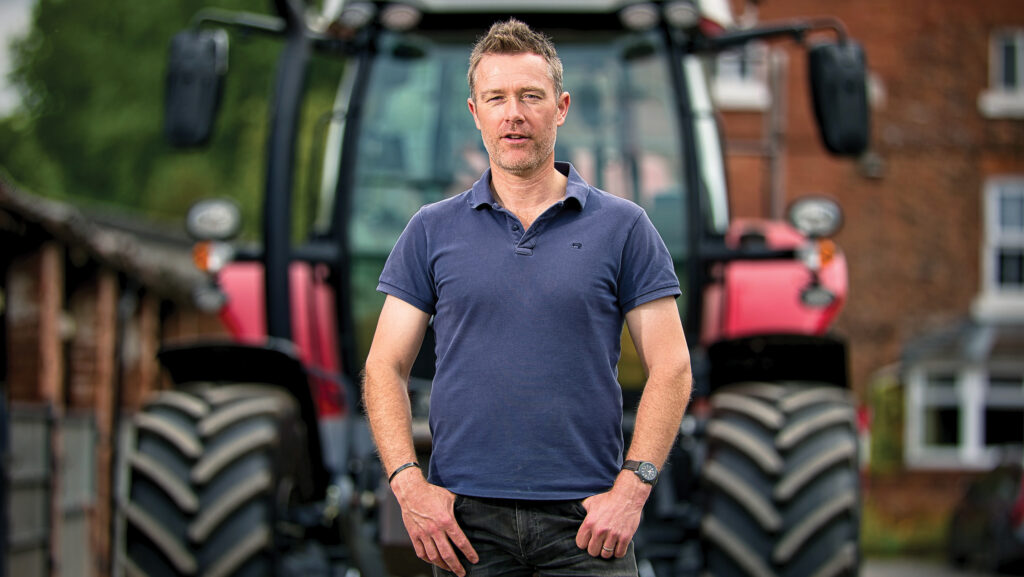Will’s World: Food, fighting and the field of farming endeavours
 © Richard Stanton
© Richard Stanton Regular readers of this column will know by now that I’m an emotional man, and that it takes very little to bring tears to my eyes.
But if there’s one thing above all that’ll turn me into a blubbering mess, it’s listening to Second World War veterans, immaculate in their ties and blazers adorned with gleaming medals, as they recall their experiences of those darkest of times.
Like many, I avidly followed the 80th anniversary celebrations of the D-Day landings that took place earlier this month.
And I’ve spent much time reflecting on the debt we owe the men and women of the greatest generation, as well as thinking specifically about members of my own family who were involved.
See also: Machinery Milestones: History of the combine harvester
Heroic measures
I have a vivid childhood memory of being at the farm with my granddad and Great Uncle Ted. Ted had been one of the tens of thousands of allied soldiers who’d landed on the Normandy beaches in June 1944.
As I always did, I was pestering him for war stories. “Were you a hero, Uncle Ted?” I asked.
Ted shook his head slowly, pointed to my granddad, and said: “These were the heroes, lad. Men like your granddad, who kept us all fed during the war.”
Perhaps that sounds apocryphal, and it could have been an in-joke between them that went over my youthful head, but I don’t think it was.
He was pointing out to me that it was an entire nation that pulled together to help defeat the greatest evil the world has ever known, and Britain’s farmers played a vital role.
But in 1934, when the very first Farmer’s Weekly was published during the height of the Great Depression, UK agriculture was in a terrible state, with cereal prices hitting the lowest recorded in modern times.
Rural poverty had rocketed through the 1920s after the overturning of the Agriculture Act in 1921 lifted restrictions on grain imports, and our farmers were left horribly exposed.
Mass migration from rural areas to towns and cities followed over the next several years, landlords struggled to find tenants who could pay rent, and by 1939, due to the politicians’ indifference, the country was importing 60% of its food – a massive 55m tonnes a year.
Dig for victory
On 1 September that year, Hitler invaded Poland, and everything changed.
By the end of 1939, due largely to the German U-boat threat and the lack of available shipping, food imports had dropped to just 12m tonnes, and drastic measures were needed to prevent the nation from starving.
What followed over the next five years was incredible, as an industry on its knees was transformed into a production powerhouse.
Millions of acres of grazing land were ploughed up for cropping, the public were encouraged to “dig for victory” by growing vegetables in gardens and public spaces, War Agricultural Executive Committees were formed to strictly enforce agricultural efficiency, and thousands of farmers were helped by the government to buy tractors and other modern machinery.
The Women’s Land Army (WLA) played a hugely significant part too. At its 1944 peak, 80,000 “Land Girls” were working across the country.
Lady Gertrude Denman, director of the WLA, said at the time: “The Land Army fights in the fields. It is in the fields of Britain that the most critical battle of the present war may well be fought and won.”
Here come the tears again. Happy anniversary FW – it was quite the beginning for you.

